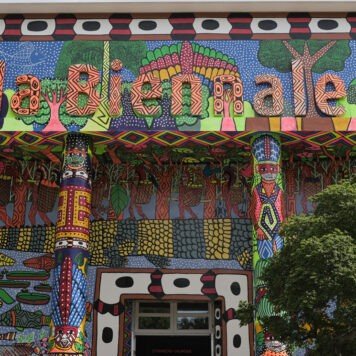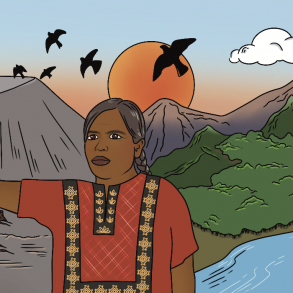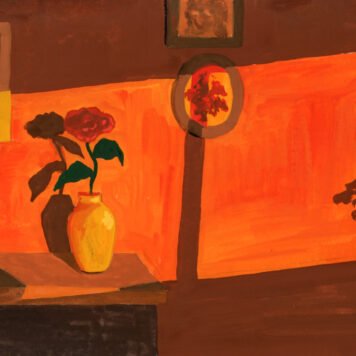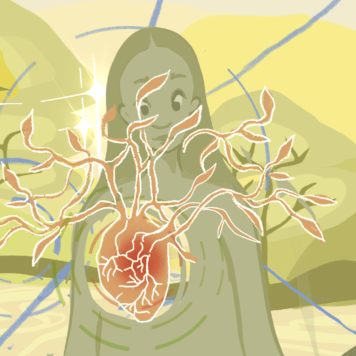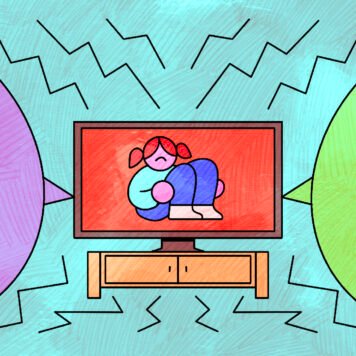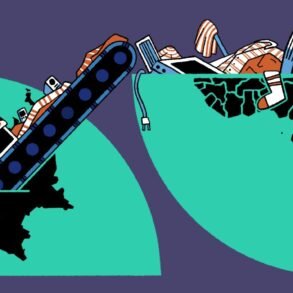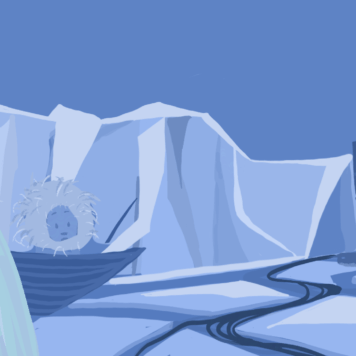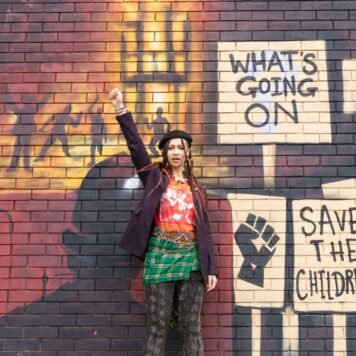“If you have never felt the surveilling eye and iron first of borders, it does not mean borders are not violent weapons; it means that your privilege enables you to circumnavigate the gleaming edge of their blade.”
– Leah Cowan, Border Nation
Borders. We all exist within them but our experiences vary dramatically.
Some of us are descended from those that pencilled the borders of nations in order to live out their colonising fantasies. Others come from the very families who were viciously ripped apart by these creations, the trauma of which is felt through generations.
The current experiences of people who encounter borders also vary, depending on nationality, ethnicity and class. Those of us who are white and with privilege are largely celebrated as expats. Others, predominantly people of colour, are criminalised for the same goal – of living a stable life –, with the punishment only worsening if they are seeking asylum.
Borders – as social constructs, legacies of imperialism, colonial power forces and tools of capitalism – realise exactly what they were designed to do: gain control of lands and their inhabitants. The violence and trauma which occurs at borders chips away at us, physically, psychologically and spiritually.
Borders are violent, ongoing processes used to fulfil interdependent agendas. The etching of borders was an imperial tool used to justify land grabbing, resource stealing and the displacement of native people – all based on the violent ideologies of the ruling forces. Now established as part of the ‘natural order of things’, borders remain a tool of nation states, defining who and what belongs to them – and more crucially, who and what does not.
And yet, nothing about them is natural. Rivers flow, mountains form, air moves and animals migrate limitlessly. Only humans construct borders – separating communities by resources and landscapes.
Post-apocalyptic resistance
Indigenous communities of America often refer to the US-Mexico border as the ‘imaginary line.’
This man-made colonial border has restricted the movement of many Native groups, including the Kumeyaay, Pai, Cocopah, O’odham, Yaqui, Apache and Kickapoo people, as enforced by the 1848 Treaty of Guadalupe Hidalgo and 1853 Gadsden Purchase.
The inhumane ripping apart of communities is a twisted psycho-medical tactic replicated across many oppressive systems. The partition of Indigenous groups in the Americas, through the Mexico-US border, was part of a strategic and ongoing policy of the US government to divide communities and weaken solidarity. Previously, they moved freely across this imaginary line.
Borders are not only an attack on Indigenous community solidarity, they also bring further destruction to ecological health. The National Congress of American Indians recognise the role borders play in restricting the migration of wildlife. This ranges from the Peccary, which consumes and spreads seeds for growth, to the Pygmy Owl which has a flight average of 4.5 feet.
Indigenous communities exist in symbiosis with their environment, preserving 80% of global biodiversity, yet borders detach them from this by restricting access across the land. This reduces biodiversity, and threatens the access to medicinal herbs used for healing practices.
Borders present as nooses for the public execution of many; tightening their grip on communities, suffocating them whilst also pushing them apart.
Communities living across the borders would previously regularly travel across for healthcare, education and ceremonial purposes. For example, the Tohono O’odham people have legal access to health and education on Tohono O’odham lands in the U.S.
The present day development of the US-Mexico border wall has further restricted access to these healthcare institutions through policies such as the 2005 REAL ID Act passed by US Congress, which grants homeland security the right to waive any pre-existing laws interfering with the border wall development.
Where borders restrict some, they enable others. Borders create a foundation for the exploitative progress of the Global North, hoarding wealth and controlling movement. In fact, America gained $2 trillion U.S GDP in 2016, and ‘$458.7 billion to state, local, and federal taxes in 2018. The north remains unrestricted, with the wealthy free to travel for holidays and exploit the labour of immigrants.
Post-apocalyptic times
Dr. Kyle Whyte, Indigenous philosopher and environmental justice activist, encapsulates the effect of borders by describing Indigenous peoples as already living in post-apocalyptic times. They have experienced the ending of their society as it existed pre-colonisation through the genocides they’ve faced.
Indigenous people have faced psychological trauma and grief from environmental destruction; the manifestation of colonisers’ dreams.. In fact, mental health effects such as PTSD are increasing with climate disasters. In addition, diagnostic criteria used by many health professionals remains colonised, as they don’t recognise how PTSD presents in different cultures and societies.
Subscribe to shado's weekly newsletter
Exclusive event news, job and creative opportunities, first access to tickets and – just in case you missed them – our picks of the week, from inside shado and out.

It is time to demolish the pillars of colonisation, upon which these borders are etched. Solidarity and action must be collaborative in order for a holistic justice to be reached which addresses the systematic violence that dehumanises all.
Time to liberate
It is clear that climate, conflict and inequity knows no boundaries. Borders do not sustain cultures, they destroy them.
A third of our borders are less than 100 years old. Humans don’t need them to survive, in reality they risk the opposite – restricting the right to healthcare, education and community.
The abolition of borders is therefore a necessary step towards liberation for communities across the globe. International solidarity across borders should be the foundation of our movements; learning from each other, promoting a pluriversal understanding of what it means to be connected whilst also practising those values in the locality of our communities.
Borders have and continue to be violent tools against human and ecological health, and our work should lie in rejecting them and their surrounding narratives that are told as mechanisms of protection. True international solidarity is a step towards healing generational traumas, undoing supremacist ideologies and protecting the health of the many. It is time to build a future of freedom and fluidity. Our justice and solidarity should know no borders.
Empires crumble, capitalism is not inevitable, gender is not biology, whiteness is not immutable, prisons are not inescapable, and borders are not natural law.
– Harsha Walia, Border and Rule: Global Migration, Capitalism, and Racist Nationalism.
What can you do?
To learn more or get involved, check out the below resources:
- Read Border Nation: A Story of Migration by Leah Cowan
- Read Border & Rule : Global Migration, Capitalism, and the Rise of Racist Nationalism by Harsha Walia
- ‘Border Nation’ and the Case for Abolition – Podcast by Radicals in Conversation
- Doctors Without Borders – Organisation
- Abolish Frontex – Organisation
- Leave no one behind – Organisation
- No Borders Manchester – Organisation (Although local, they hold online events!)
- Also, don’t hesitate to reach out to us if you have any questions! You can find us at @_am_i_it_ and @treesnpeace on instagram.
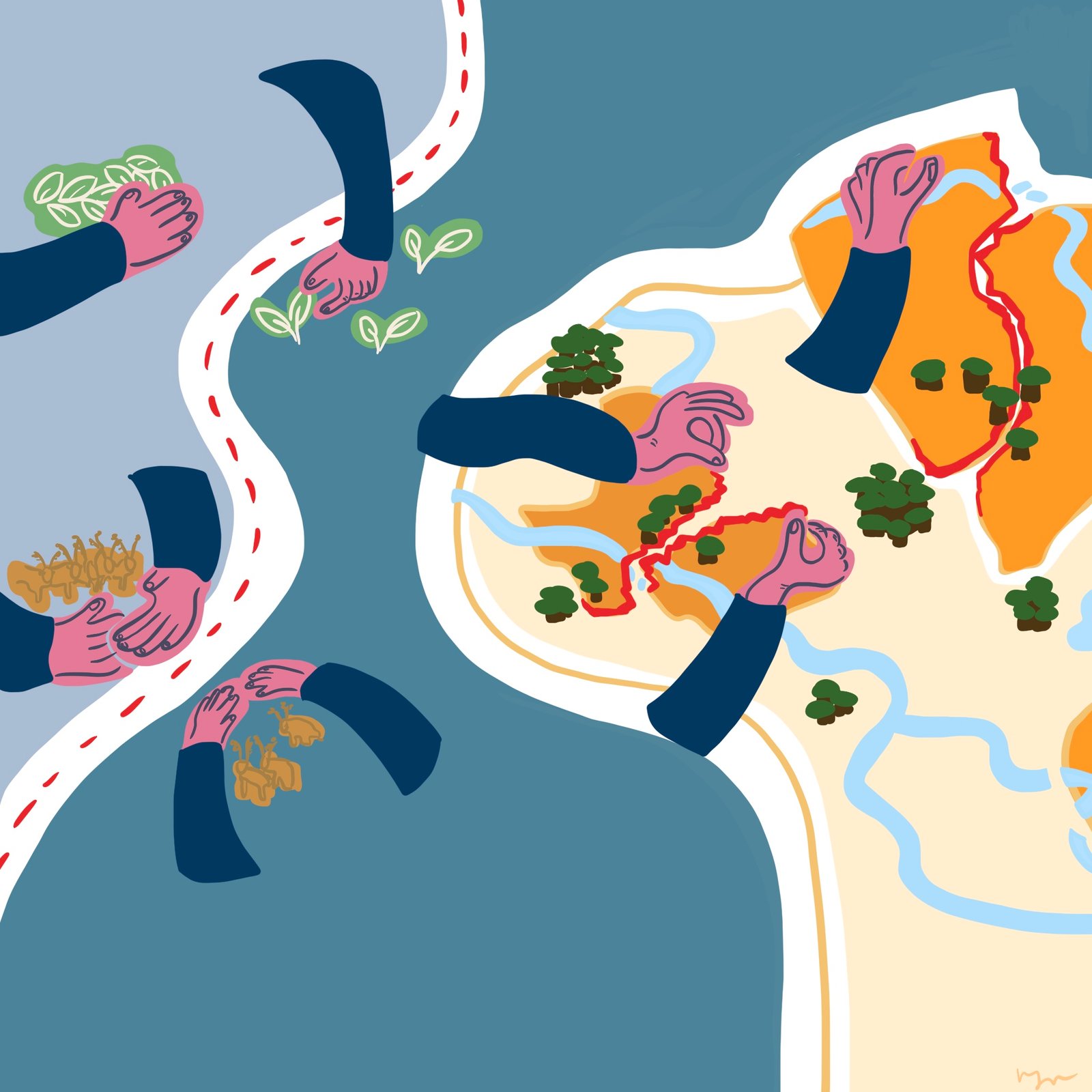
After reading the emotive article Abolishing Borders, I was immediately struck by the vivid imagery of higher powers deciding how and where land is divided, and the subsequent lack of control native communities have over these decisions. I used this idea as the main concept for my illustration and I was inspired by the phrase ‘wealth stealing and hoarding’ to develop other aspects of the composition. The image shows Africa being split and ripped apart by hands with the right hand side of the image depicting money and vaccines being ‘hoarded’. The left side shows animals being split apart and medicinal leaves being stowed away. – Natasha Phang-Lee


